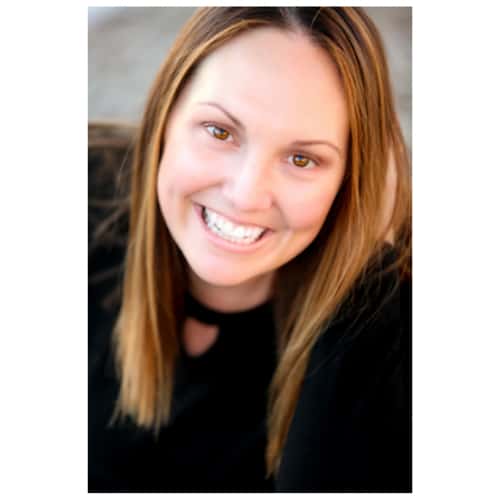The danger that healthcare faces from 293,436 nurses considering leaving the profession due to burnout, pales in comparison to female nurses being twice as likely to attempt to commit suicide than the general population. We must, therefore, better educate them in the warning signs of compassion fatigue and burnout, and enable them to better endure rigorous demands the medical profession will undoubtedly place upon them physically and emotionally.
We ensure that nurses and bedside clinicians have all the tools they might need for patient care but ignore entirely that they also desperately need the tools for self-care, an issue made glaringly obvious by the one in three nurses who chose to leave the profession in 2018 due to feelings of burnout. With more than 400,000 nurses leaving in 2017 and again in 2018, that’s nearly one-quarter of a million caregivers in 2 years who were too emotionally exhausted to continue.
The time has long since passed for us to better prepare these brave men and women for the war they will be expected to wage on a daily basis—not just the external battle against illness and infection, but also the internal struggle against the feelings of inadequacy, the grief of a lost patient, and a lack of supportive supervision. In the article “The Top 5 Reasons Why Nurses Quit Their Jobs,” researchers found that “out of the broader pool of nearly 4 million nurses surveyed, nearly 17%—or 676,122—reported having considered leaving their position. Among those, 43.4% identified burnout as a reason they would leave their job.”
Also, among the greatest stressors contributing to very real dangers of Compassion Fatigue is a lack of appropriate staffing per shift, a problem not likely to improve in the current climate of the healthcare industry. Growing concerns about vaccine mandates, piled upon an already overwrought workforce will only further exacerbate the situation. This inevitably leads to each nurse having too many patients to properly care for. For decades, scholarly inquiry has focused on efficiency as the solution to the obvious effect short-staffing has on patient outcome, but little investigation has been focused on the much more lasting, and almost imperceptible, effect that it has on nurses.
The primary stress of feeling overworked during an individual shift is not the issue in question. That is a logistical problem and can be solved in a variety of ways. The truly traumatic event is the slip in a patient’s care. Healthcare workers carry the weight of a bad outcome, or even a minimally neglected patient, long after the case has been a topic of unit huddle boards. It leaves the caregiver feeling guilt, shame, and grief. Those feelings fester and are cumulative, along with the various primary and secondary traumatic stresses they will experience throughout their career. A recent study from the University of Michigan shows a great “need for high-quality wellness programs for nurses: Nurses are 90% more likely to experience on-the-job problems and 20-30% more likely to be depressed than the general population.” The study also found that “female nurses are roughly twice as likely to die by suicide than the general female population and 70% more likely than female physicians. Those who have experienced compassion fatigue describe it as being sucked into a vortex that pulls them slowly downward. They have no idea how to stop the downward spiral, so they do what they’ve done since medical school: They work harder and continue to give to others until they’re completely tapped out.”
Key symptoms to look for regarding compassion fatigue according to Banner Health are “feeling exhausted physically and psychologically; feeling helpless, hopeless, or powerless; feeling irritable, angry, sad or numb; a sense of being detached or having decreased pleasure in activities; ruminating about the suffering of others and feeling anger toward the events or people causing the suffering; blaming yourself and having thoughts of not having done enough to help the people who are suffering…” For the nurses who need to read it, take care of yourself first, and get help.


 PWeekly
PWeekly